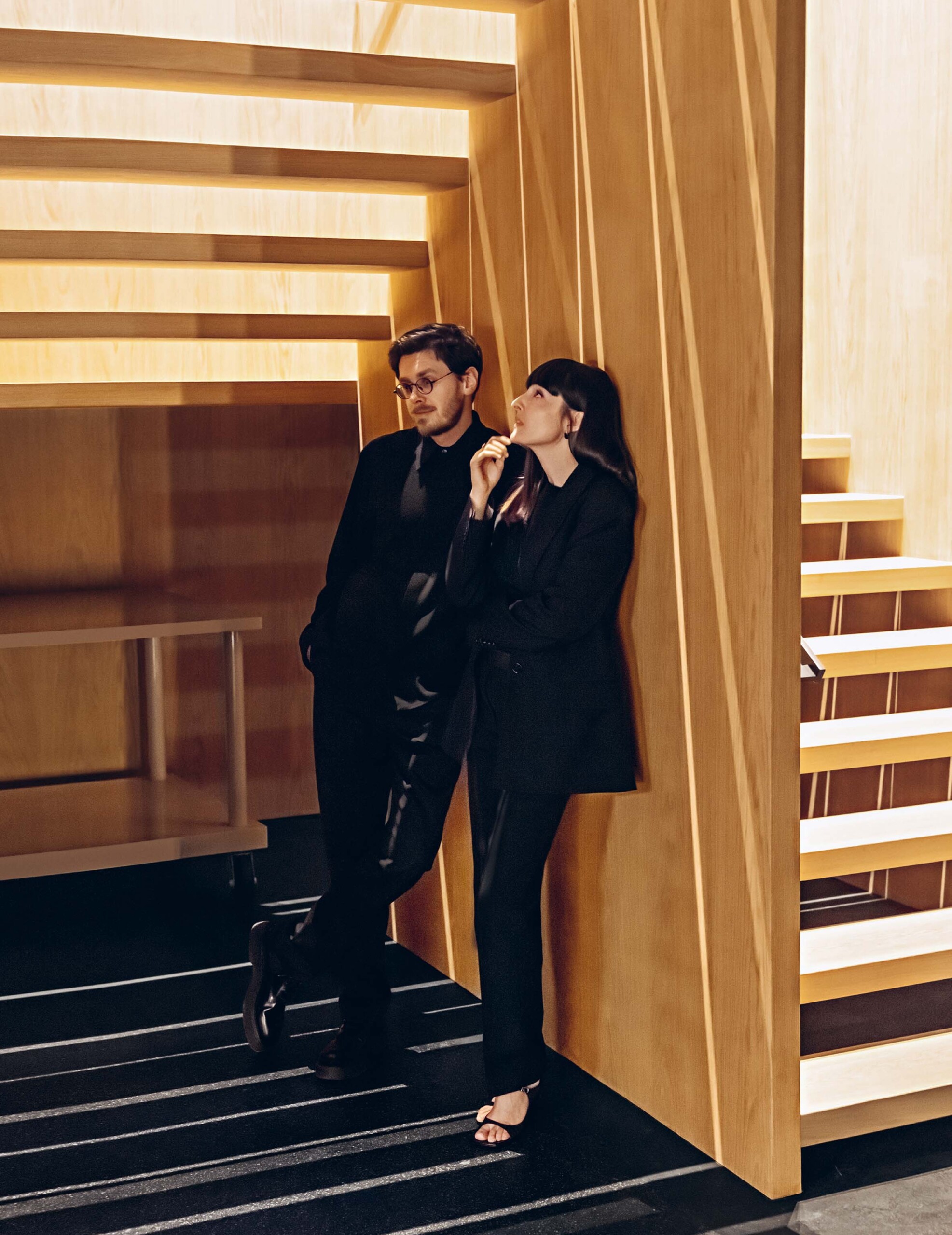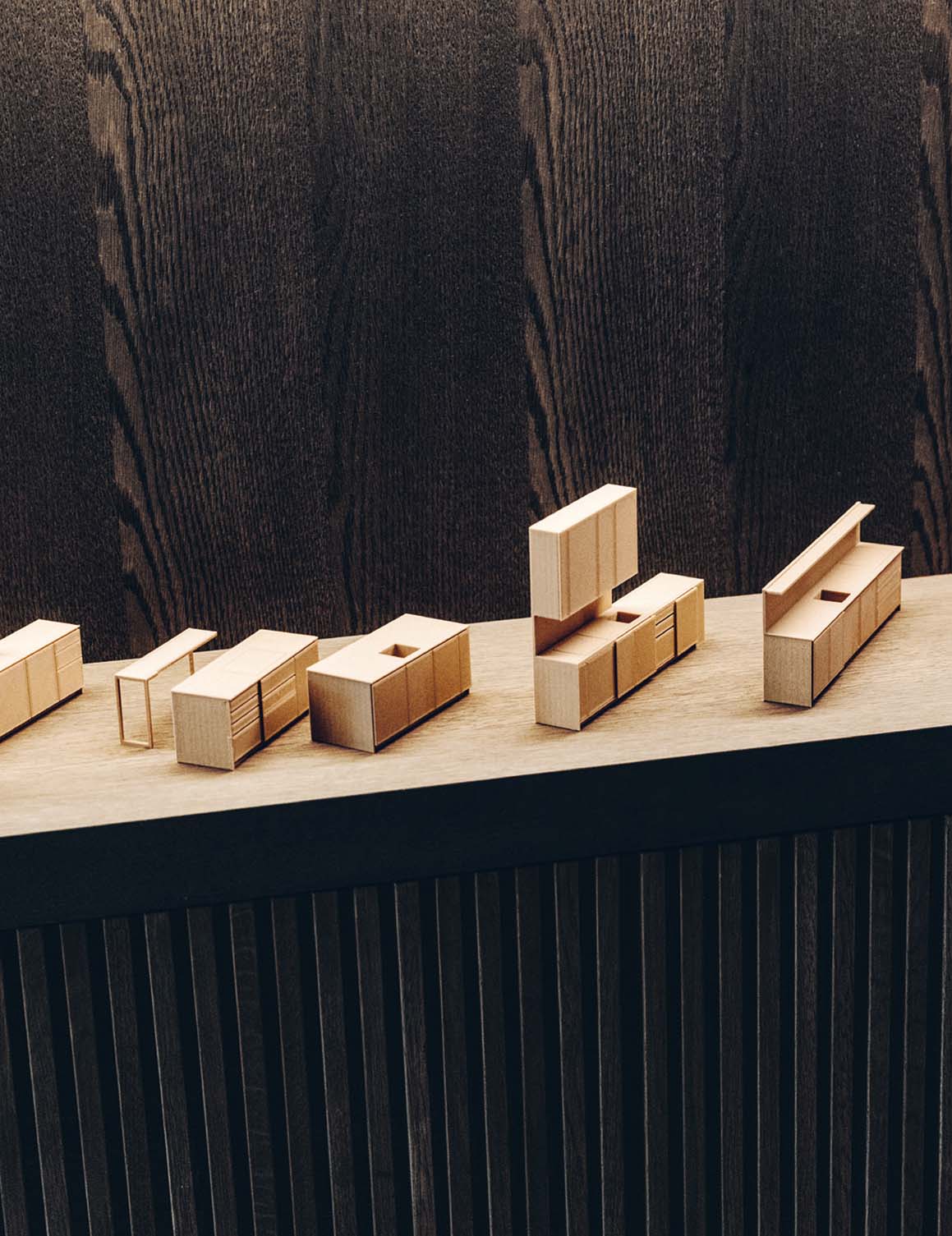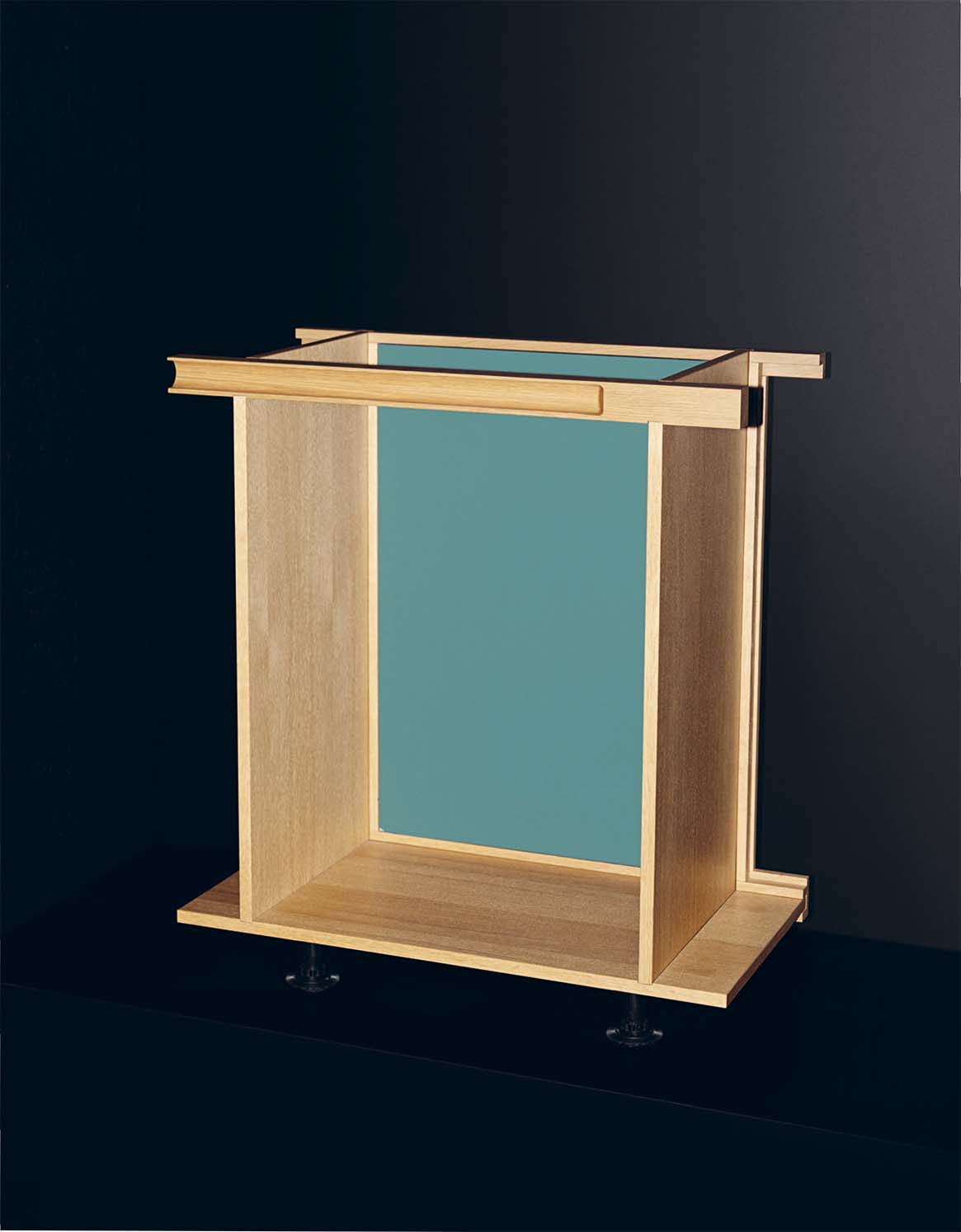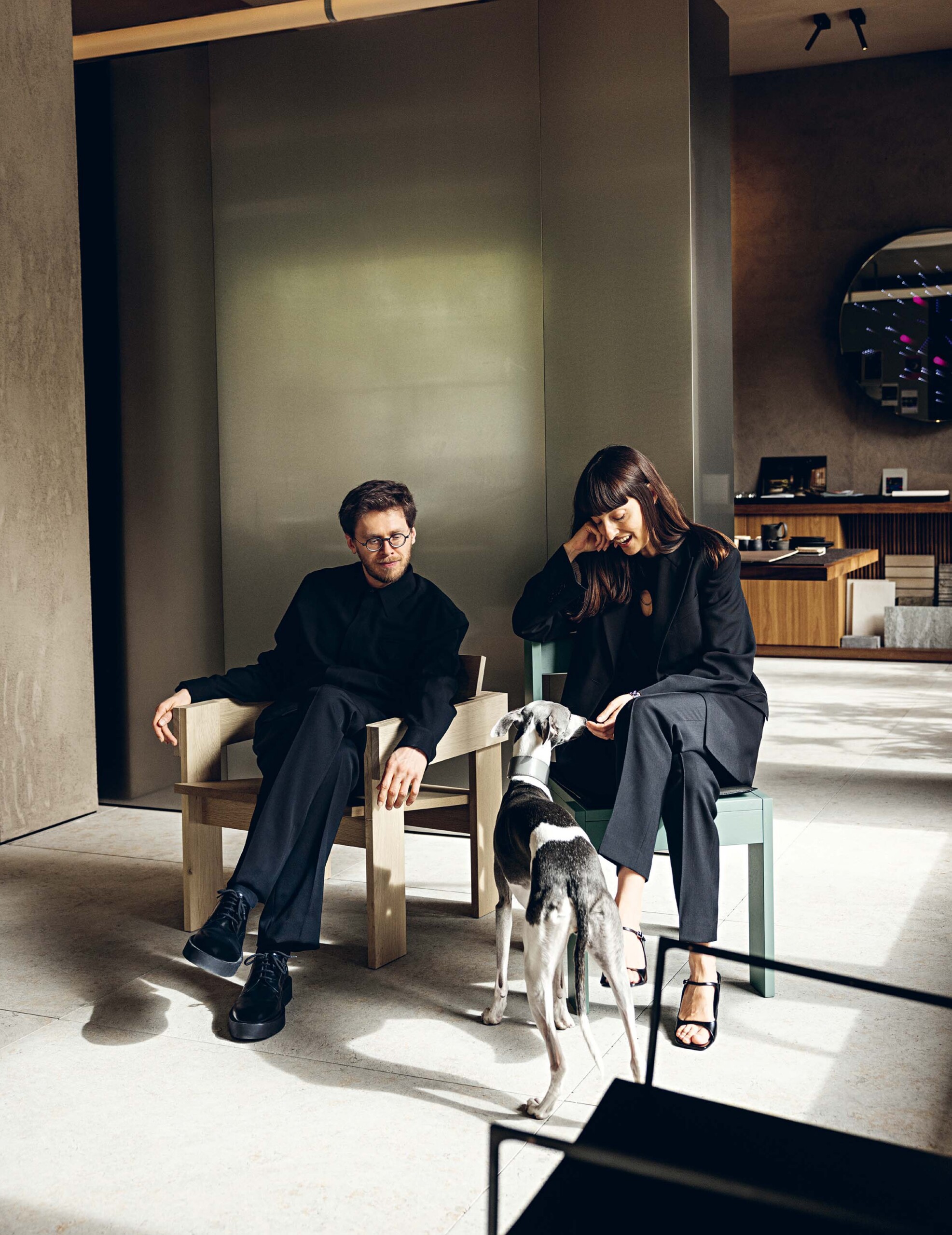The Power of being Outsiders
Ana Relvão &
Gerhardt Kellermann

Ana Relvão and Gerhardt Kellermann constitute a power couple with no obvious limits. They design office furniture and entire kitchens, espresso machines and glasses, everything meticulously detailed, pared back, and user-centered. They don’t want to be celebrated auteur designers; they see themselves as service providers. Instead of drawing ingenious napkin sketches, they go into depth. When it comes to a coffee machine, for example, they become baristas; when it comes to a stove, they familiarize themselves with cooking points. Now would be the occasion to celebrate their office’s tenth anniversary. At first, they thought of a commemorative book, then they considered launching a series of products. But there is always so much to do. Now they barely have time to organize a party.


Reflection is integral to their work. They do not create in order to mirror their personal taste. The best example is J*GAST, a parametric kitchen that leaves traditional fitted cabinets far, far behind and throws open completely new perspectives. It can be aligned to any space. Design down to the smallest detail often involves radical simplicity.
How much effort does it take to design something truly reduced and simple?

Just as you opened your design office ten years ago, you were offered the position of design directors for Bulthaup, which you declined. What made you turn the offer down? Most people would see that as the chance of a lifetime.
G
K
What we are both good at is working in multiple categories. And we knew that the moment we accepted the role at Bulthaup, we were going to become kitchen designers. And we didn’t want that.
A
R
We understood that if we took that job we were going to lose everything we had, because the reason why we believe our work is good is because we come from the outside. And if we become insiders, I mean, we lose a bit of our …
-
-
-
-
… grip?
A
R
Yeah. As we said, if you want to design kitchens for the whole world, you need to have an open mind. It’s good to have a wide view of the whole industry and also work in different projects.
-
-
-
-
Would you see yourselves as generalists, then?
A
R
Well, it depends, because every case is different. Our strength is to be specialists in design, but generalists in category. Cross-pollination is essential. We understand that what’s happening in the office actually matches what’s happening in the kitchen or in fashion. And then things start making sense.
G
K
We’re not experts eager to focus on one category; we want to cover many categories. We love to work with specialists, engineers, knowing that people from the outside (the end clients) have a completely different view. And that’s why we like to stay outside. You usually don’t see this part of the world looking at trends only, or analyzing trends and then designing for them. We try to be a step ahead to see what’s developing and find answers before it becomes common knowledge.
-
-
-
-
You still have a pretty small office.
A
R
We question ourselves every time, with every new project. The last thing I want to do is to repeat ourselves and feel comfortable with that. Then we would be a big office with a lot of employees. Being a small office is actually a privilege, to question yourself and always go further. The flip side is that it is not easy to handle a lot of projects. So, it’s all about finding the right ones, the interesting ones, and then generating something new. Simply doing another product is not relevant for us.
-
-
-
-
Please select an offer and read the Complete Article Issue No 16 Subscriptions
Already Customer? Please login.
